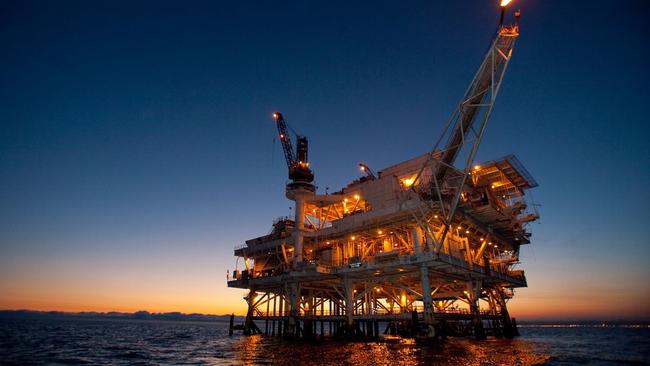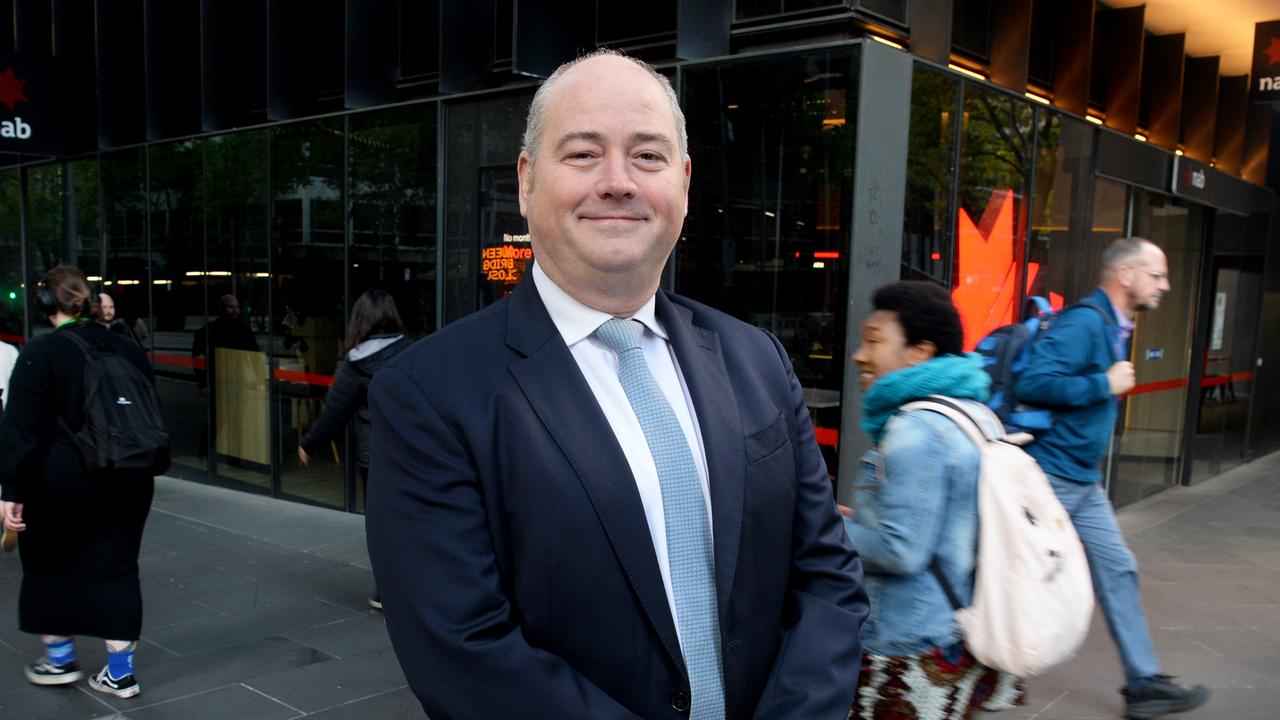ASX ends flat after volatile ride
Underlying oil price weakness served as a blow to the market’s progress, pulling the ASX to close down 8 points.

At its worst the local market was down by 1pc, at its best it was up by the same margin, but renewed oil weakness ultimately sent the market to a flat close.
Shares had a strong lead from the US on positivity of steps to restart the economy, and helped further by the easing of some social distancing restrictions on a state-by-state basis locally.
Still, underlying oil price weakness served as a blow to the market’s progress – pulling the ASX to close down 8 points, or 0.16 per cent, at 5313.1.
Meanwhile, the All Ords lost 7 points, or 0.13 per cent, to 5381.2.
Locally, and overseas, bank’s were firmly in focus as they assess their credit levels for a likely hit as economic activity stalls.
RBC Capital Market head of equities Karen Jorritsma pointed out the theme was prominent across all global markets.
“US banks results recently saw huge impairments being taken as they prepare their balance sheets for consumer credit pain and we have seen the same coming out of the region today with HSBC printing $3bn in credit losses during their 1Q result,” she wrote.
“Aussie banks reporting seasons ramps up this week with ANZ on Thursday, then Westpac on Monday and Virgin Money on Wednesday – at which we don’t rule out the need for a raising.
“Expect commentary around bad and doubtful debts, net interest margins and the dividend to be the key focus … Rubber about to hit the road in this market as hard data is going to catch up with this bubble we have been in as markets continue to drift up on optimism around the world reopening. It’s not in the price, until it is.”
The Australian dollar was 0.15 per cent stronger against the US dollar, buying US64.55c by the close of the ASX session.
Banks again dominated movements on Tuesday – Westpac warned of a $2.2bn impairment charge to come at its first-half results but despite that, its shares rebounded by 1.8 per cent to $14.92 after a drop in Monday’s trade amid suggestions the bank would “absorb” the costs and not raise any further capital.
NAB was the biggest drag, slipping by 2.8 per cent to $15.32 on its return to trade after raising $3bn in an institutional placement.
Commonwealth Bank edged lower by 0.5 per cent to $58.61 while ANZ put on 0.3 per cent to $15.70 ahead of its results to be released on Thursday.
To the major miners, and BHP finished flat at $30.49 as it laid out plans to lift its iron ore export capacity. Rio Tinto lost 1.4 per cent to $85.76 and Fortescue closed steady at $11.46.
Gold miners lost ground as global risk appetite lifted – Saracen set a production record for the March quarter but even that wasn’t enough to push it into the green. Its shares finished off by 0.4 per cent to $4.54.
Across the rest of the sector – Evolution Mining slipped by 0.9 per cent to $5.28 as Newcrest lost 2.3 per cent to $27.84 and Northern Star gave up 2.1 per cent to $13.29.
Lendlease was the latest to raise capital, launching a $1.15bn placement and share purchase offer – while trade in its shares was halted, the move jolted the rest of the sector.
Goodman Group gave up 2 per cent to $13.11 while Scentre bucked the negativity to lift by 1 per cent to $2.11 and Charter Hall’s Retail REIT dropped by 4.8 per cent to $3 on its return to trade.
Hopes of an economic restart buoyed retail names – Breville gained 3 per cent to $17.82, Domino’s put on 5.4 per cent to $53.59 and Afterpay edged higher by 2 per cent to $28.31.




To join the conversation, please log in. Don't have an account? Register
Join the conversation, you are commenting as Logout